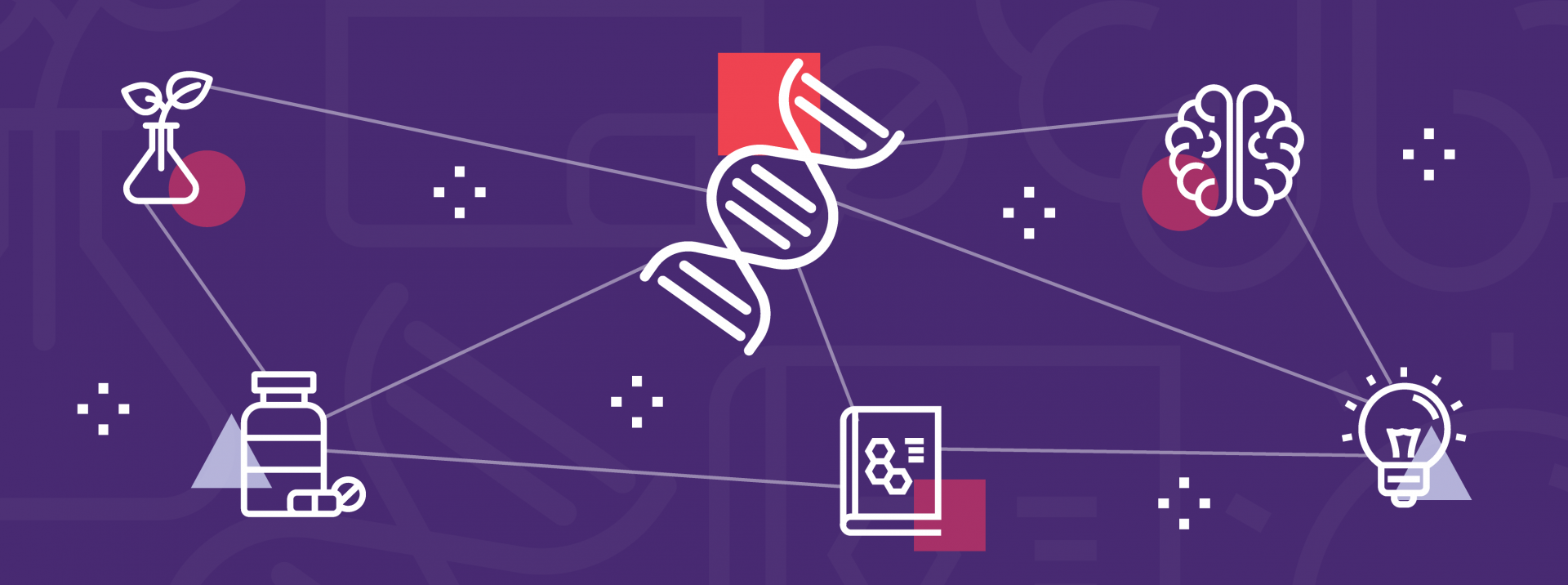Here Comes the Bioeconomy
The internet has been a remarkable economic driver. But the tech-driven economy we experience today has not been a boon for all; while big cities have flourished, rural areas have seen little expansion in decades. At Inscripta, we believe that is about to change for the better.
With its increasing importance and rapidly growing application areas, biology is poised to be the next major economic driver. Indeed, it is our fundamental belief that the tech-driven economy will be replaced by a bio-based economy. This is so much more than a point of view. Inscripta was founded on the idea that expanding access to scalable, robust genome engineering would revolutionize entire industries.
In recent history, the role biology played on the global economy was fairly limited. The boundaries of biology’s influence were clear: the pharmaceutical sector, parts of healthcare, a slice of the agricultural economy. Going forward, we believe that very few industries will be unaffected by biology.
We are already getting a sense of how this will look. Thanks to advances in synthetic biology, the feasibility of using yeast as tiny manufacturing plants has been proven. Yeast can be used to ferment the materials needed for making fabric, chemical solvents, therapeutic components, and much more. Laundry detergent, fine-tuned with carefully designed enzymes, has been made to work just as well in colder water, leading to substantial cost and energy savings. Meat-free burgers, made with engineered plant proteins designed to mimic elements of a real meat-based burger, are now available at your local fast food drive-through.
The best part about the coming bioeconomy is that it should benefit all people, no matter where they live, their level of education, or their political leanings. Rural towns that were once dependent on manufacturing plants could establish mega-scale yeast factories, producing important components for any number of industries. College towns will thrive as the need for scientists and engineers rises; vocational and technical schools will also play important roles in training people for key jobs. Unlike the tech economy that left so many behind, the bio-based economy will be far more inclusive.
It is our commitment to this vision of a thriving, lift-all-boats bioeconomy that motivated us to become founding members of the Bioeconomy Alliance, a nonprofit group aimed at laying the foundation for a successful bio-based economy. Along with our founding member colleagues at Berkeley Lights, Ginkgo Bioworks, and Twist Bioscience, we will advocate for research funding, technical training, infrastructure development, and anything else that will ensure the continued growth of the bioeconomy.
Our alliance is already off to a great start. Last year, we took part in a White House event and met with Congressional leaders to raise awareness of this important concept. And we are already hard at work on our first big policy effort: supporting a Congressional bill that would give much-needed biological engineering resources to government agencies. The bill has already passed the House of Representatives and is under consideration in the Senate, where we will continue to engage officials to deliver the message that allocating funds and developing infrastructure will pay dividends in the biology-driven economy. Our own Chief Commercial Officer Jason Gammack testified before a Senate subcommittee to highlight the importance of the funding and training it would provide — check out his opening statement.

